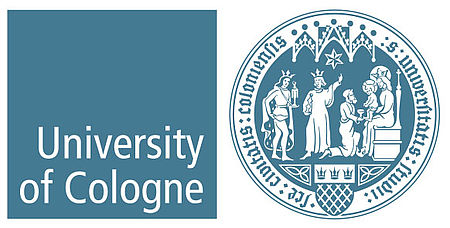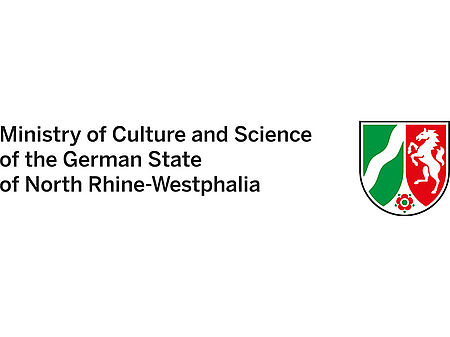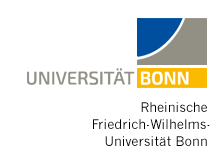NFDI4Health – Task Force COVID-19: Better understanding the COVID-19 outbreak and its consequences through integrated and harmonised research efforts
The goal of the Task Force COVID-19 was to rapidly improve the management of public health data on the COVID-19 pandemic. The project team aimed to assist the research community by making relevant studies easier to find and improving data sharing. This provided the tools needed to combat the pandemic more efficiently and mitigate the negative consequences of the outbreak for the population. Unlike other initiatives, the Task Force COVID-19 focused on data relating to the consequences of the pandemic for public health, such as utilisation of healthcare services, quality of life and the effects of social isolation.
The Task Force COVID-19 originated from the NFDI4Health initiative. It had three key tasks on its agenda:
- Improve the FAIRness of COVID-19 research data collections: The Task Force created a comprehensive inventory of German studies on COVID-19 with structured health data from registers, administrative health databases, primary care, clinical studies including vaccination studies, epidemiological studies and health reporting.
- Promote the timely implementation of harmonised research related to COVID-19: The Task Force developed guidelines, training materials and standards – for example on data management, survey instruments and the use of routine data – and made it available via the websites of the Task Force COVID-19 and the Competence Network Public Health COVID-19, an ad hoc association of over 25 scientific societies and organisations.
- Record linkage of various COVID-19 data records: Some of the COVID-19 data collected in different studies were obviously stem from the same people. However, there was no structure in place to join records from different sources that described the same entity, a process known as record linkage. To remedy this situation, the Task Force developed a concept for linking the various relevant data sources such as hospital data, outpatient prescription data, sequencing data, image data, sociodemographic data and psychosocial data, including a data protection concept.
ZB MED’s role in the project
Standardisation of information to be collected for publishing data: based on catalogues and criteria compiled by the Task Force COVID-19 partners for epidemiological and clinical studies on COVID-19, ZB MED developed publishing guidelines to achieve a standardised form of publication. For example, the data must be made accessible and citable over the long term using a persistent identifier such as a digital object identifier (DOI).
Creation of a study hub for personal health data concerning COVID-19: together with its partners, ZB MED set up a study hub to make COVID-19-related data searchable and findable.
Information extraction and text mining: based on issues raised by the partners, ZB MED defined and implemented text mining workflows to support the extraction of relevant information from the literature. An initial service has already been completed for searches in preprints, e.g. PreVIEW, a text-mining-based tool which allows searches in preprints.
Duration
1 July 2020 – 30 September 2023
Funding bodies
German Research Foundation (DFG) – Scientific Library Services and Information Systems programme (LIS)
Partners
- Prof. Dr. Iris Pigeot, Prof. Dr. Wolfgang Ahrens, Leibniz Institute for Prevention Research and Epidemiology – BIPS
- Prof. Dr. Juliane Fluck, Birte Lindstädt, ZB MED – Information Centre for Life Sciences
- Priv.-Doz. Dr. Linus Grabenhenrich; Robert Koch Institute
- Prof. Dr.-Ing. Horst K. Hahn, Fraunhofer Institute for Digital Medicine MEVIS
- Priv.-Doz. Dr. med. Sebastian Klammt, Network of Coordination Centers for Clinical Trials (KKS Network)
- Prof. Dr. Markus Löffler, Prof. Dr. Markus Scholz, Dr. Frank Meineke, Matthias Löbe, IMISE, Leipzig University
- PD. Dr. Wolfgang Müller, Martin Golebiewski, Heidelberg Institute for Theoretical Studies (HITS)
- Prof. Dr. Ulrich Sax, Dr. Harald Kusch, Department of Medical Informatics at the University Medical Center Göttingen
- Prof. Dr.-Ing. Toralf Kirsten, Mittweida University of Applied Sciences
- Prof. Dr. Carsten Oliver Schmidt, Prof. Dr. Dagmar Waltemath, Institute for Community Medicine (ICM), Greifswald Medical School, University of Greifswald
- Prof. Dr. Sylvia Thun, Berlin Institute of Health (BIH) / Charité Universitätsmedizin Berlin










